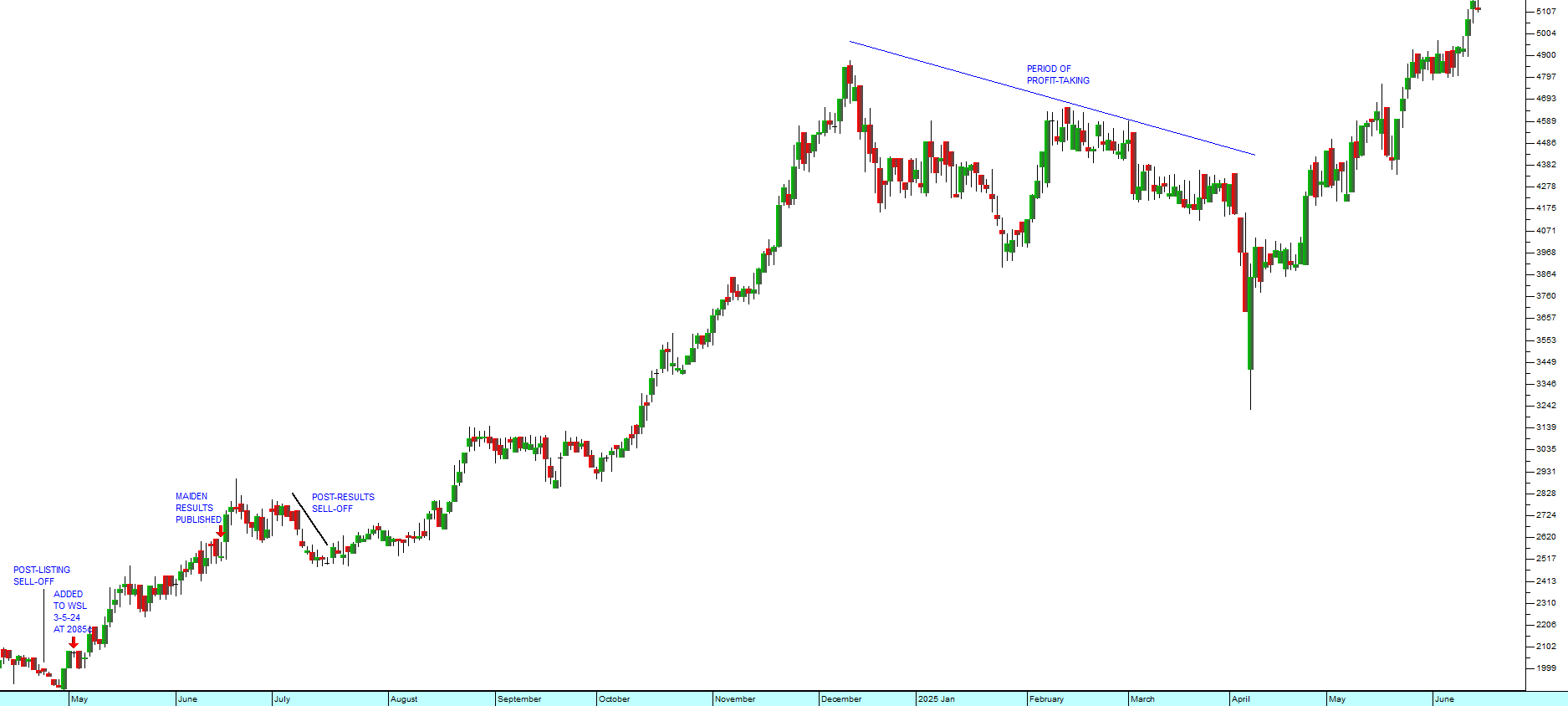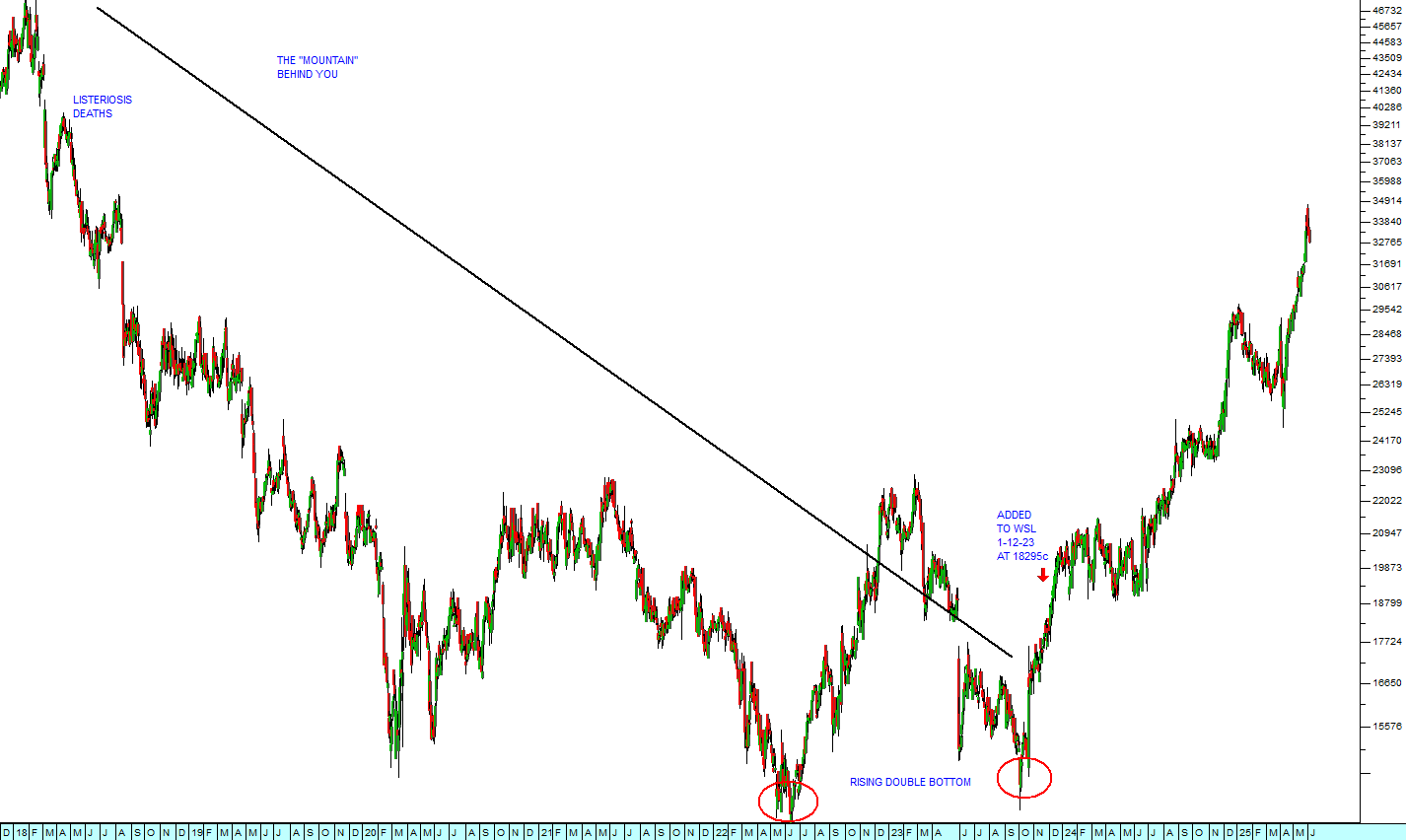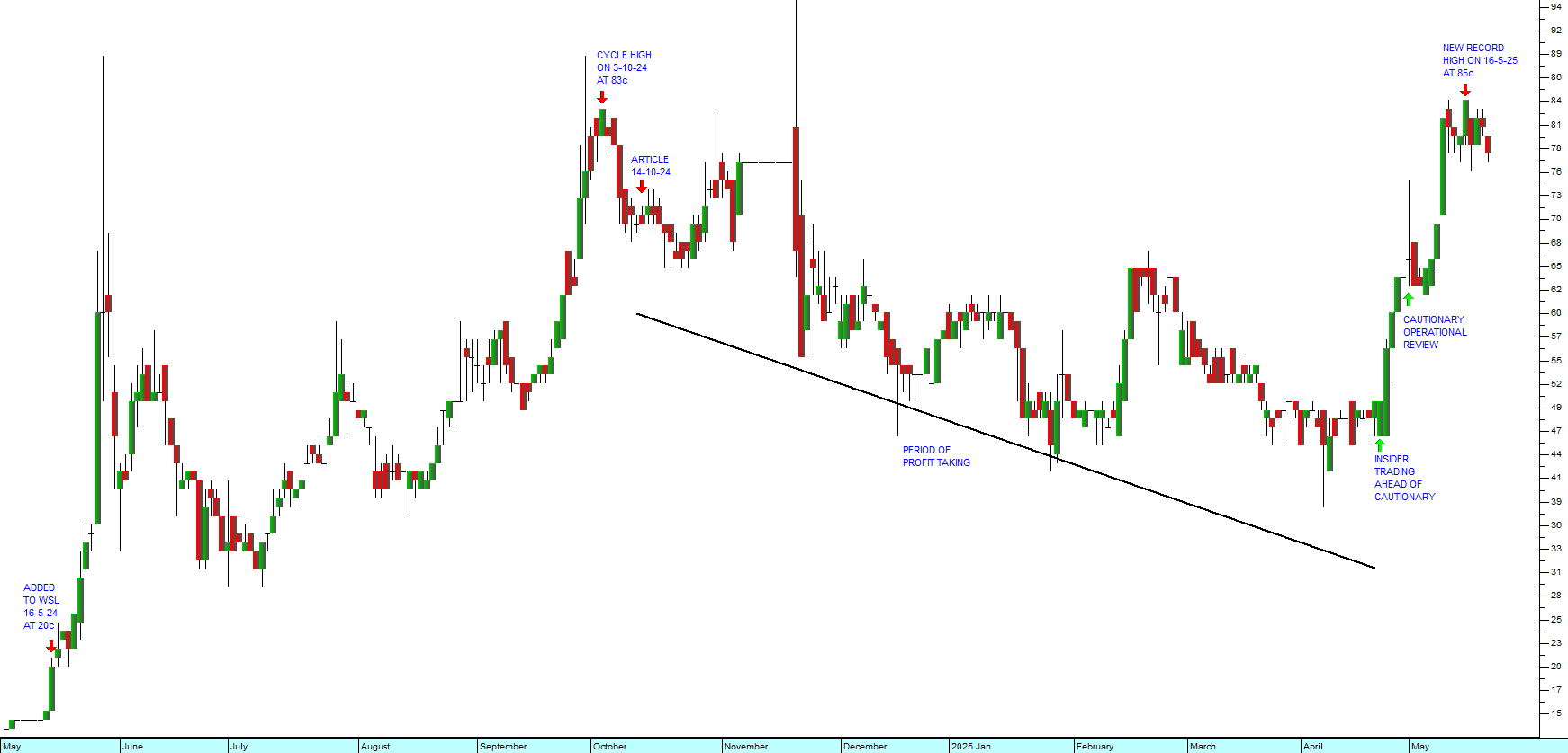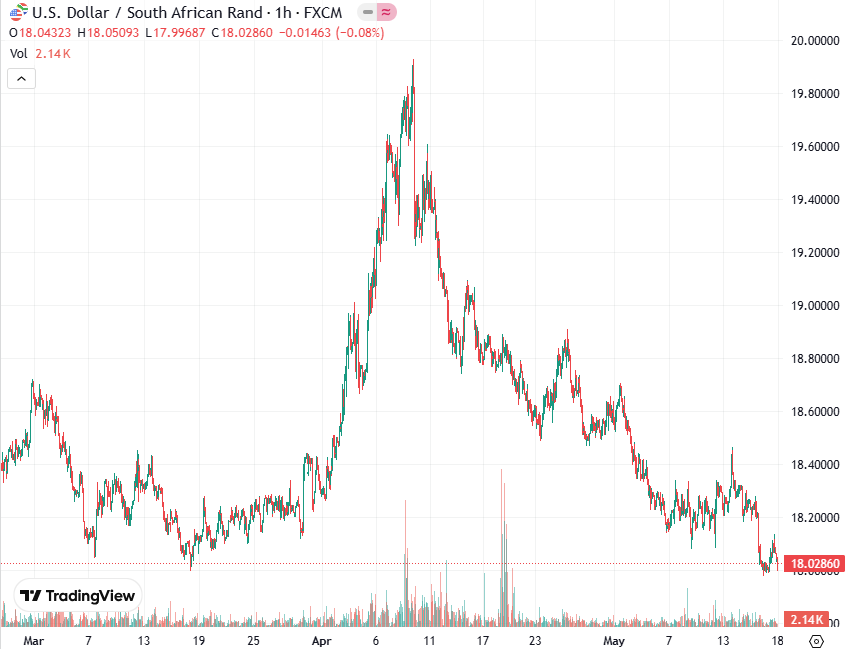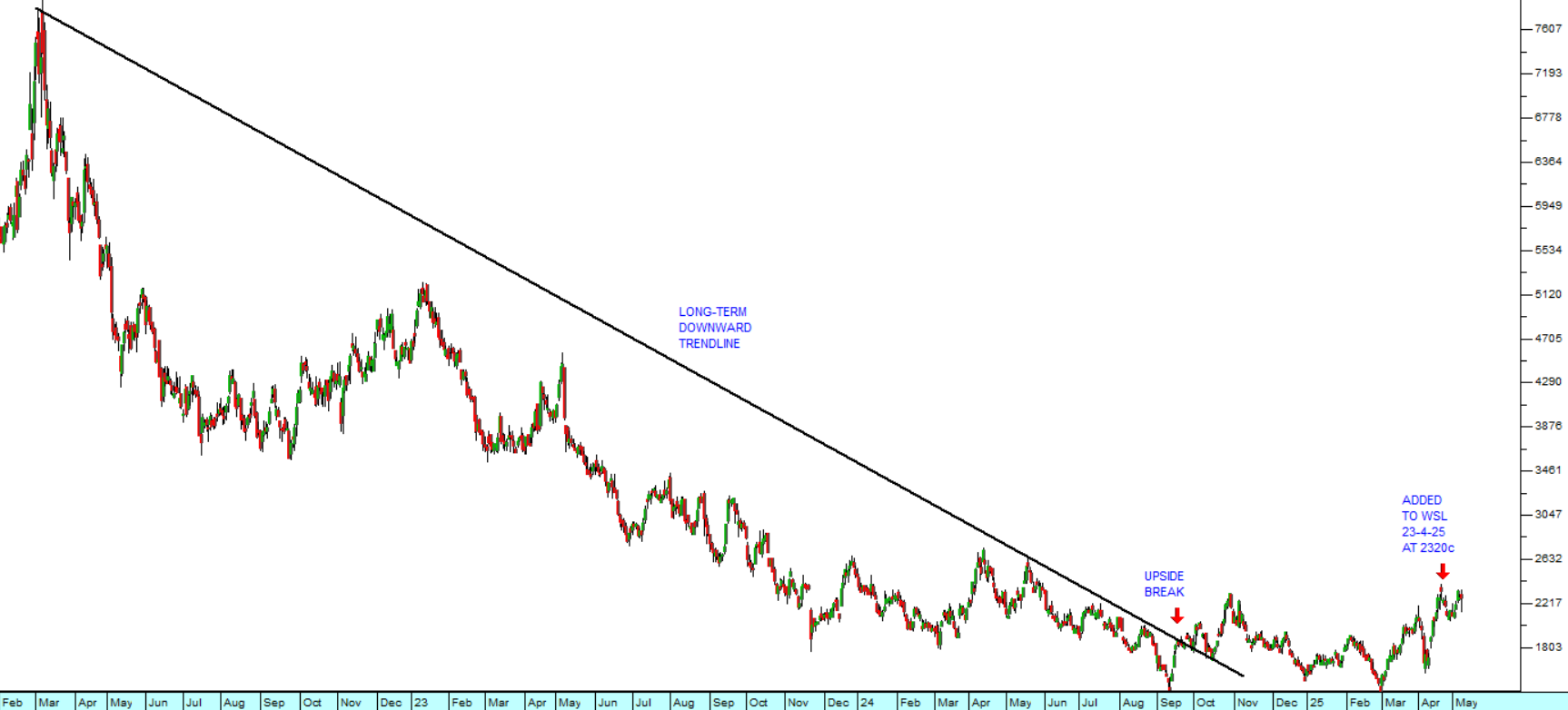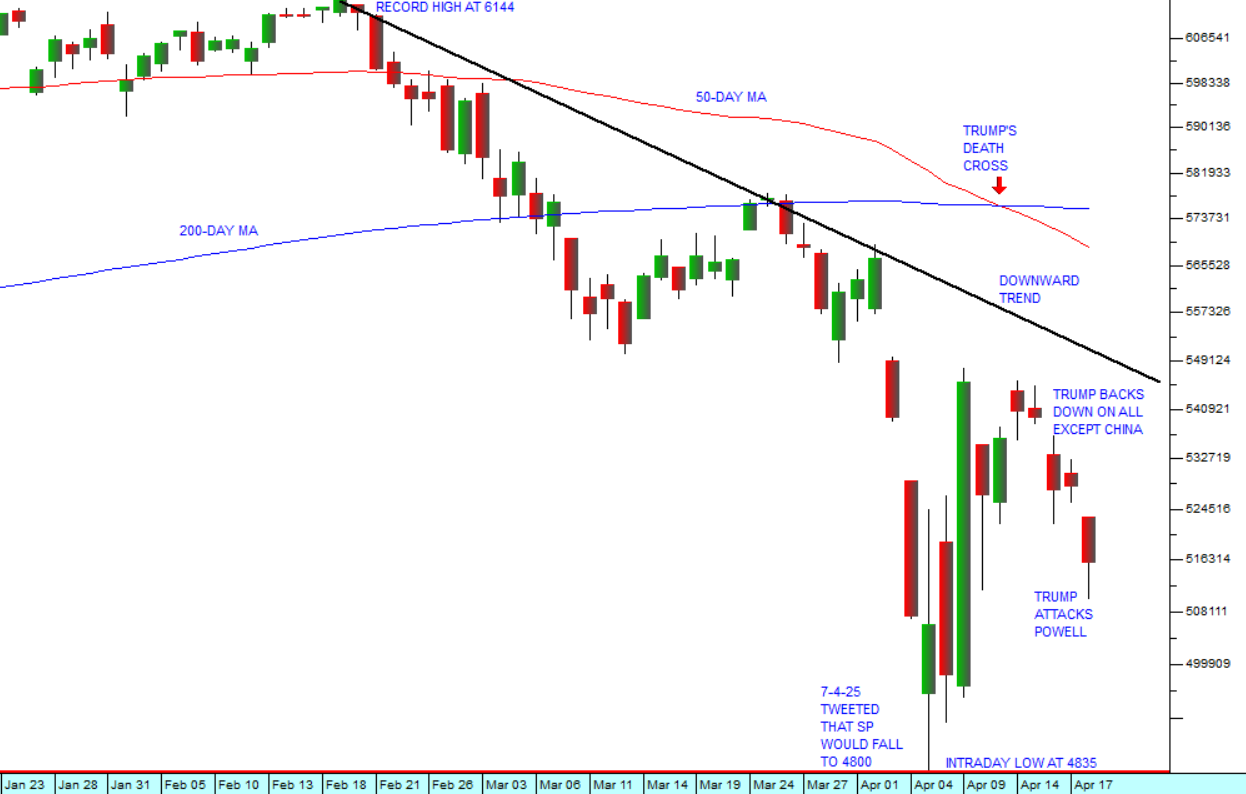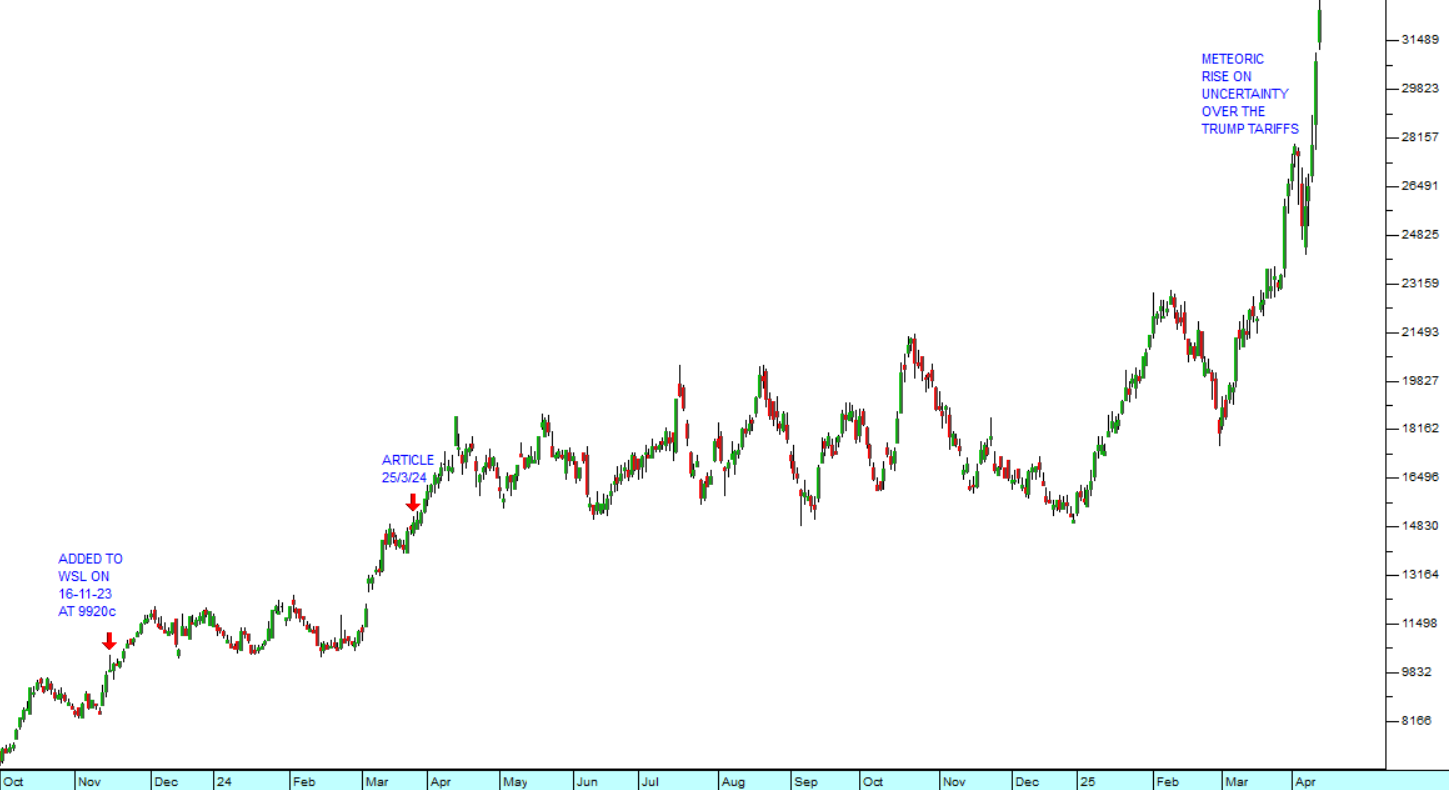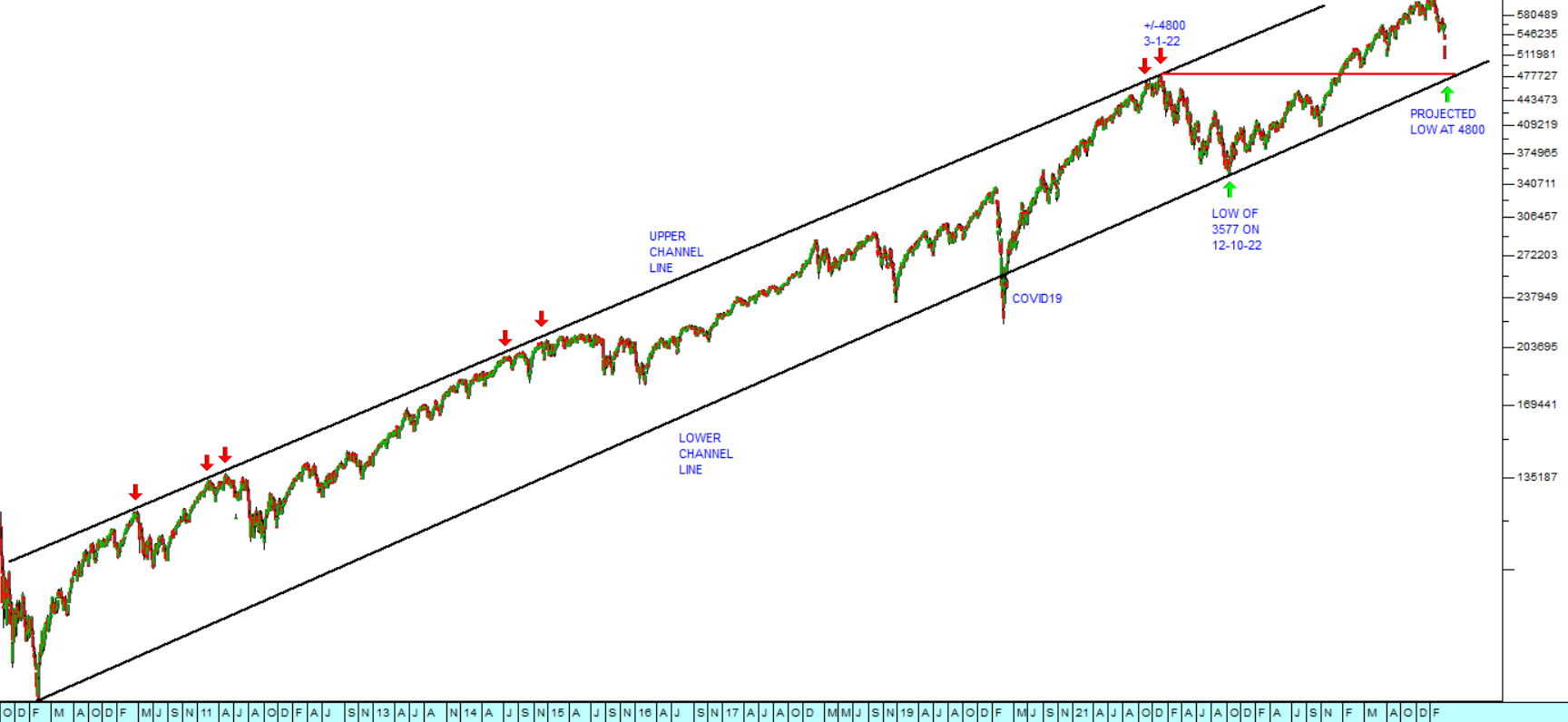Our Response to the Stockman Article
13 September 2019 By PDSNETThis article is in response to a request for our opinion about an interview with David Stockman from one of our clients – click here to read what Stockman says. The adherence to Keynesian economics means that whenever there is any kind of stock market crash, the central banks step in and compensate for the wipe-out of wealth (caused by the crash) by injecting funds. This idea was first put into practice by Alan Greenspan after the 1987 crash and has been used by central bank governors in every major stock market melt-down since - but the amount of money needed to create a recovery has been growing. In the 1980's it was tens of billions of dollars, in the 1990's it was hundreds of billions, and in the "noughties", at the sub-prime crisis, it was trillions. Except that following 2008, the Fed and other central banks ran out of money and had to resort to quantitative easing (Q/E). Altogether, they printed and injected at least $12,5 trillion into the world economy. And they only just managed to rescue the situation - it was touch-and-go for a while. But now the US economy is flourishing on the back of that massive monetary stimulation, plus ultra low interest rates for more than a decade. All the other major central banks followed the Fed's lead to a greater or lesser extent. So now we have trillions of dollars worth of excess cash sloshing around in the world economy - and, as Stockman says, creating various asset bubbles. We have been mainly concerned about the bubble in shares and predicting what would happen there. But this background explains why we have been almost continuously bullish since 2009, when we said we were looking at the “greatest buying opportunity of the century”. So now the question really comes down to how much further up stocks will go. We think they still have some distance to run - a few years at least and certainly well beyond Donald Trump's first term. But it is notoriously difficult to predict this situation because it has never previously occurred in history - we are in uncharted territory. What we do know is that there are still too many bears around (like Stockman) for this to be the top of the market. They are being steadily eliminated, but they keep popping up with their doom-and-gloom stories. When you see that no one is any longer prepared to publicly call the top of the market, that is when you must run for cover. Wait until reputable economists publicly start saying that the "science" of economics has now eliminated recessions through monetary management - then take to the hills. And there are other signs. For example when every lay person becomes involved in share speculation, including people who would never normally do that, then you know you are close to the top. As the great bear, Jesse Livemore, said just before the 1929 crash, "When the shoe-shine starts giving you tips about which shares to buy, it is time to get out of the market!" And what can you do with your money when you decide to get out? To understand that, you need to grasp that what we are looking at is potentially the worst crash in stock market history by a long shot. It will completely dwarf the 1929 crash and the great depression that followed it. And Stockman is right when he says it will be a deflationary crash. The value of money will actually go up because everyone will be trying to sell their assets at fire-sale prices just to put food on the table. In 1929, the unemployment rate in America reached 33%, with qualified doctors, chartered accountants and engineers happy to get a job digging ditches. We believe that this crash which is coming will see unemployment in America at over 50%. And the answer is not to buy gold. We have no doubt that gold will go up (it already is) with shares and other assets, but when the crash begins it will fall along with all other assets and for the same reasons. So the answer at that time will be to hold cash and to minimise your monthly expenses. Try to get to a place where you can live off a fraction of your income. Get a job in government service because that will be the safest kind of job to have at that time. Spread your cash resources around in various banks - diversify. But, as we have said, the timing is the tough part here. Right now, the world economy is only just getting going and we are headed into a massive boom. This boom is caused by the Q/E, the halving of oil prices and the general efficiencies introduced (and to be introduced) by new technologies, especially in communications and robotics. Confidence levels are building up and, as they do, spending will increase both at a corporate and a consumer level. We think there is still a bit of time to make money in shares. In fact, we believe that the S&P500 could go well above 10 000, with all the other markets of the world following it up. We think that only then will it crash...but, of course, we could be wrong and Stockman might be right - the crash might be imminent - but we just don’t think so. Shares are not nearly high enough to be crazily over-priced. There is still a relationship between share prices and the earnings of the companies that they represent, and we expect that relationship to be completely destroyed before the crash begins. A world-wide new listings boom is also expected before the crash - an there is no real sign of that yet. Click here to read more on how exactly we see the world stock markets and why - Our Background Approach.
DISCLAIMER
All information and data contained within the PDSnet Articles is for informational purposes only. PDSnet makes no representations as to the accuracy, completeness, suitability, or validity, of any information, and shall not be liable for any errors, omissions, or any losses, injuries, or damages arising from its display or use. Information in the PDSnet Articles are based on the author’s opinion and experience and should not be considered professional financial investment advice. The ideas and strategies should never be used without first assessing your own personal and financial situation, or without consulting a financial professional. Thoughts and opinions will also change from time to time as more information is accumulated. PDSnet reserves the right to delete any comment or opinion for any reason.
Share this article:

